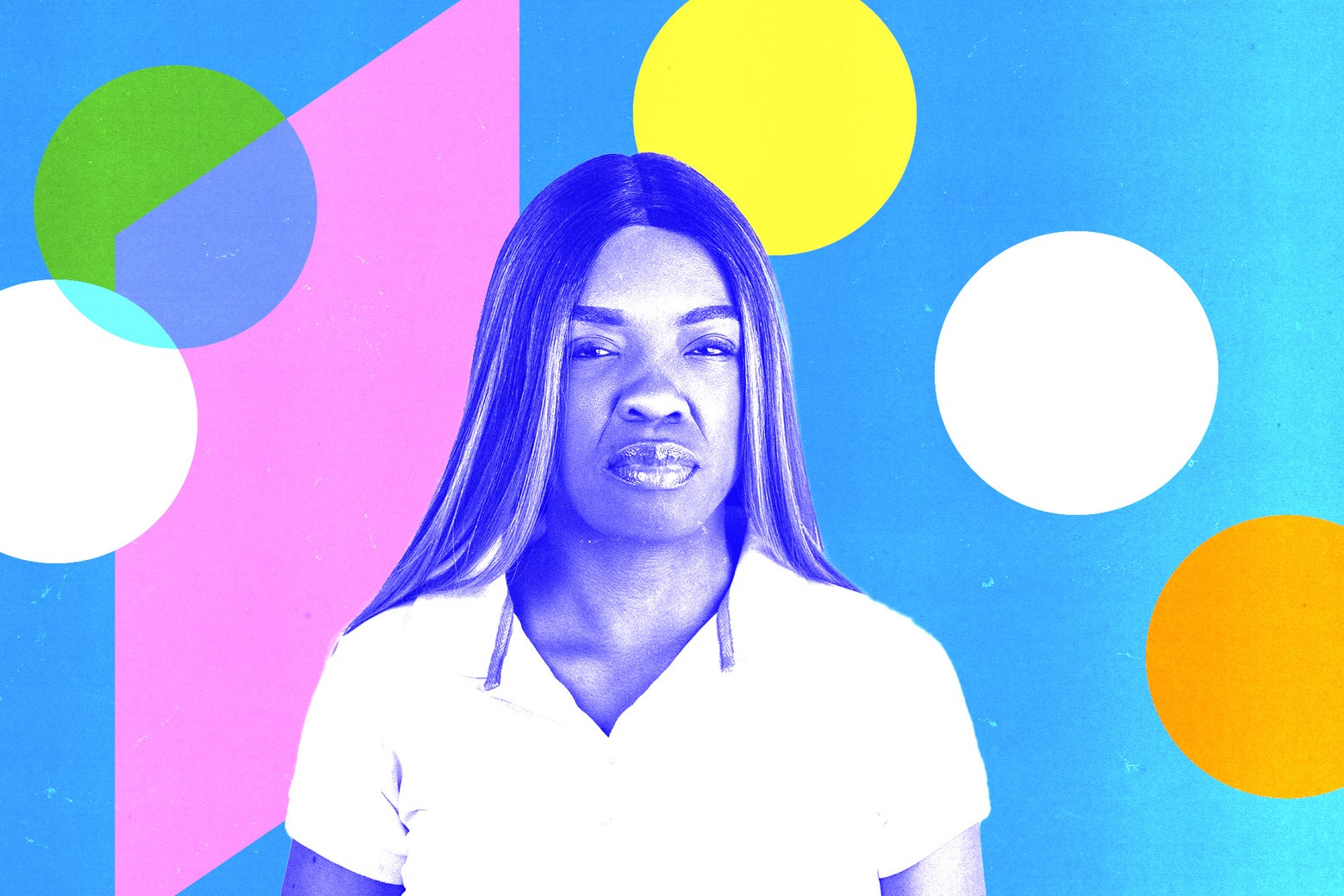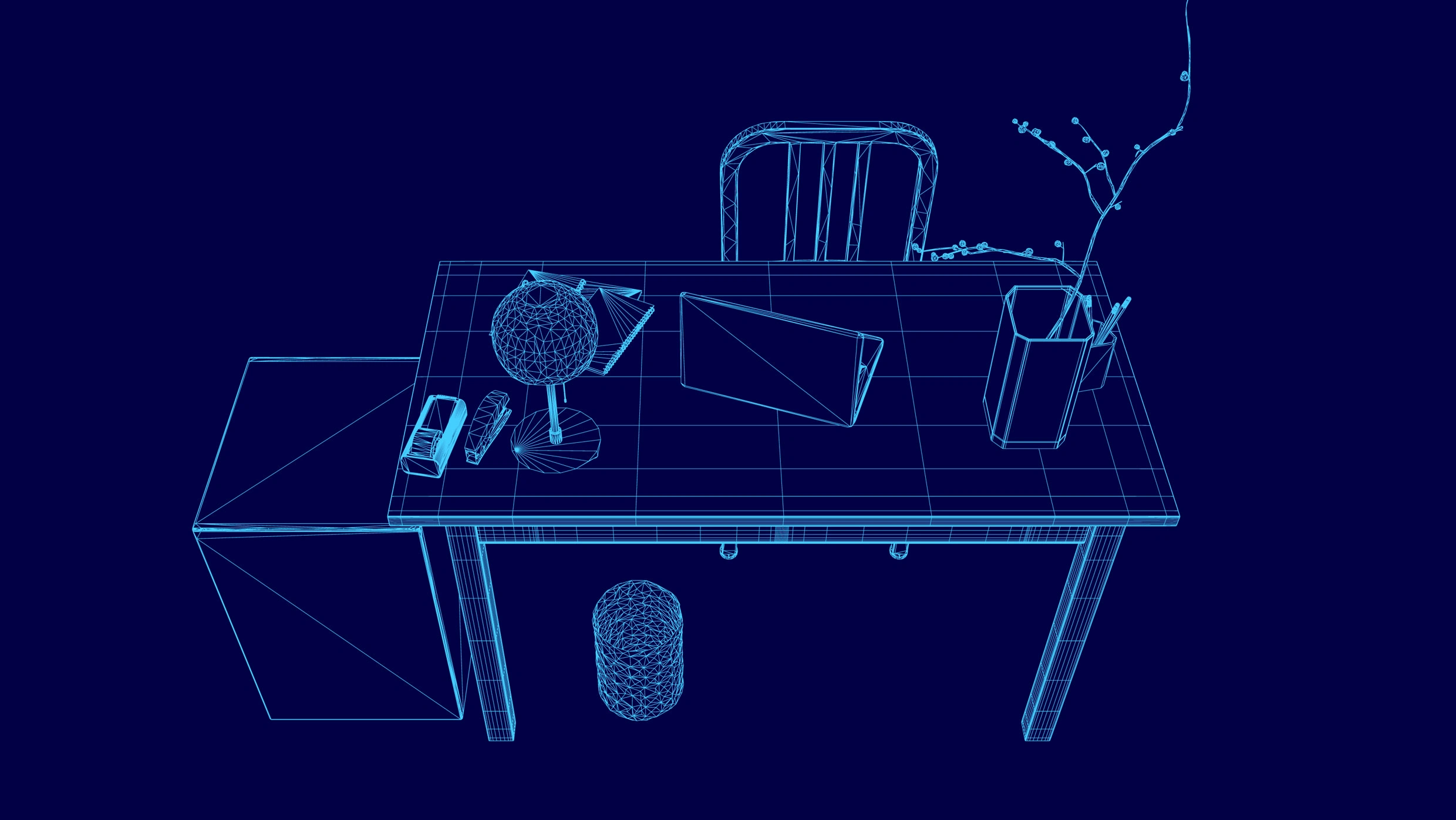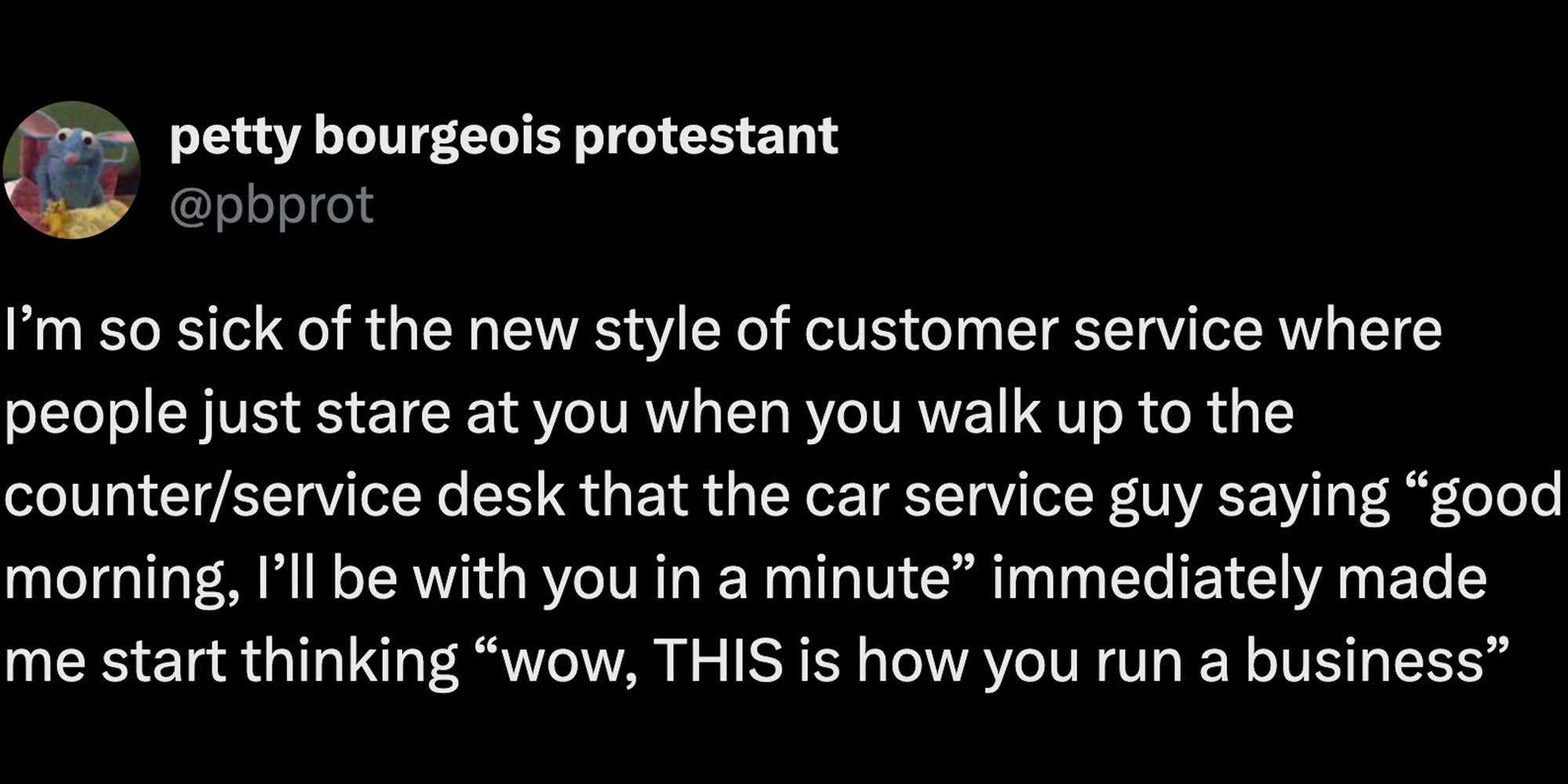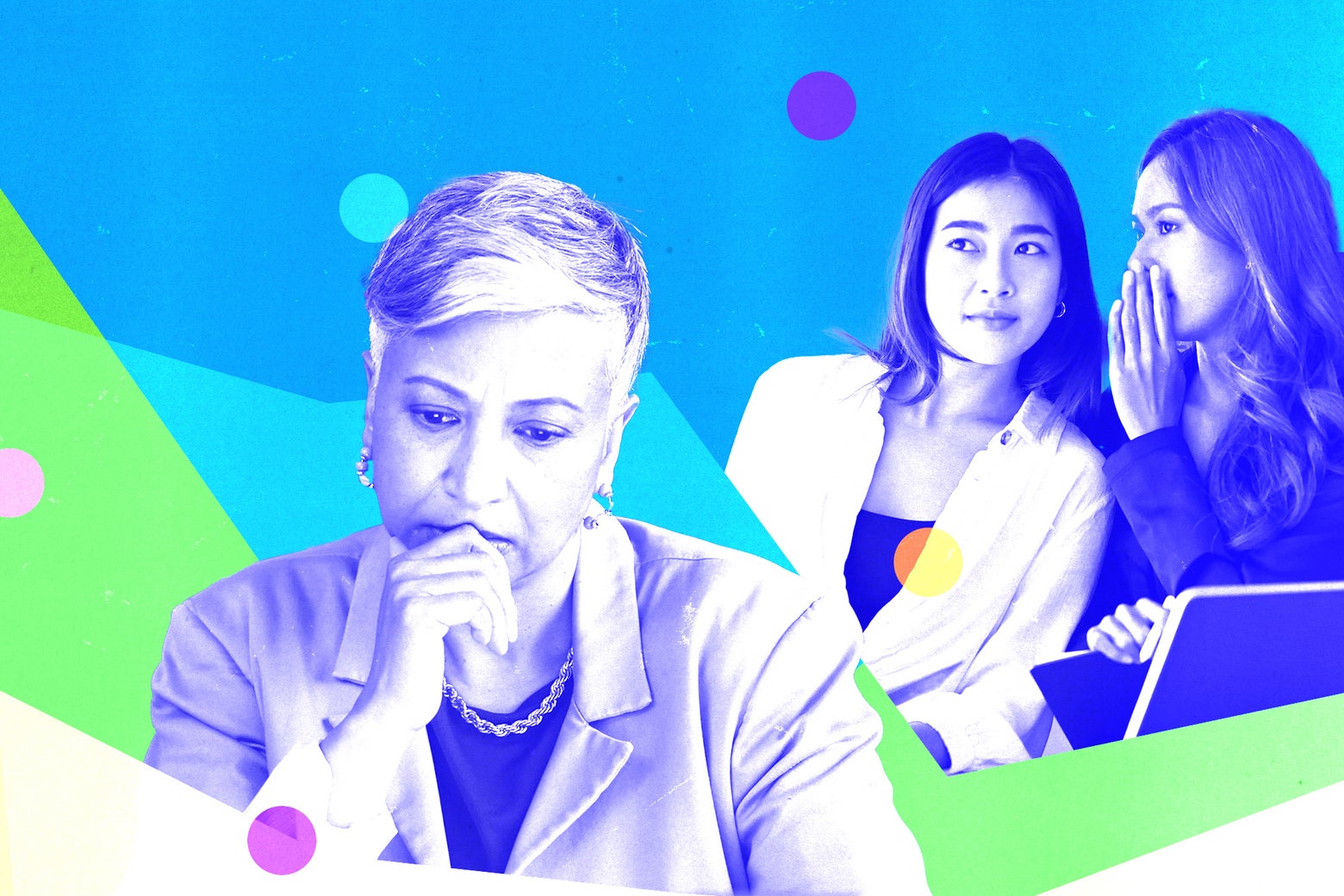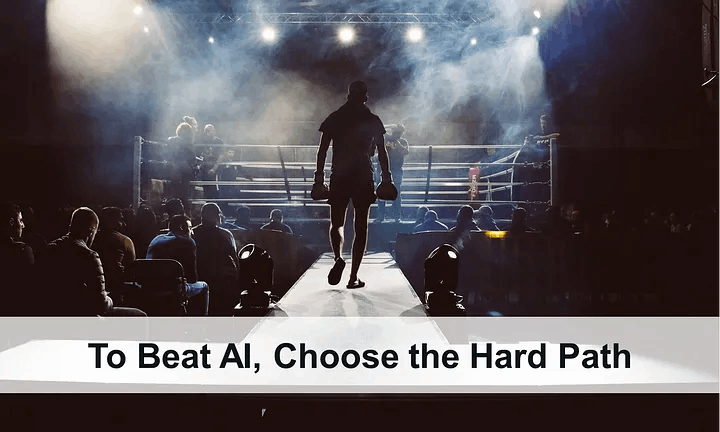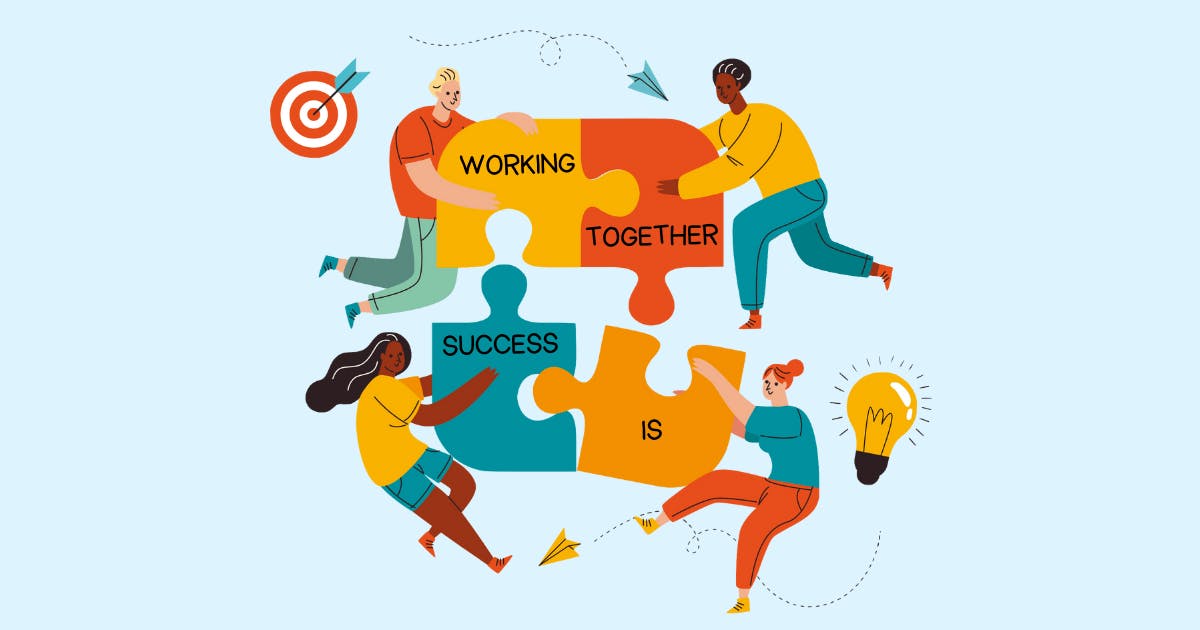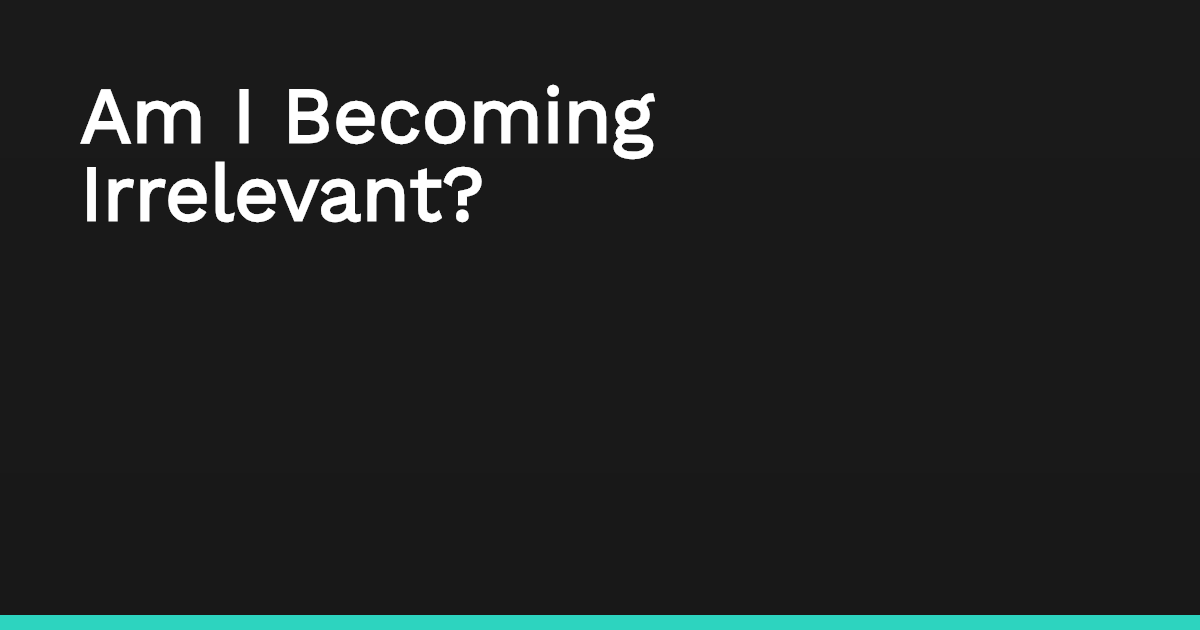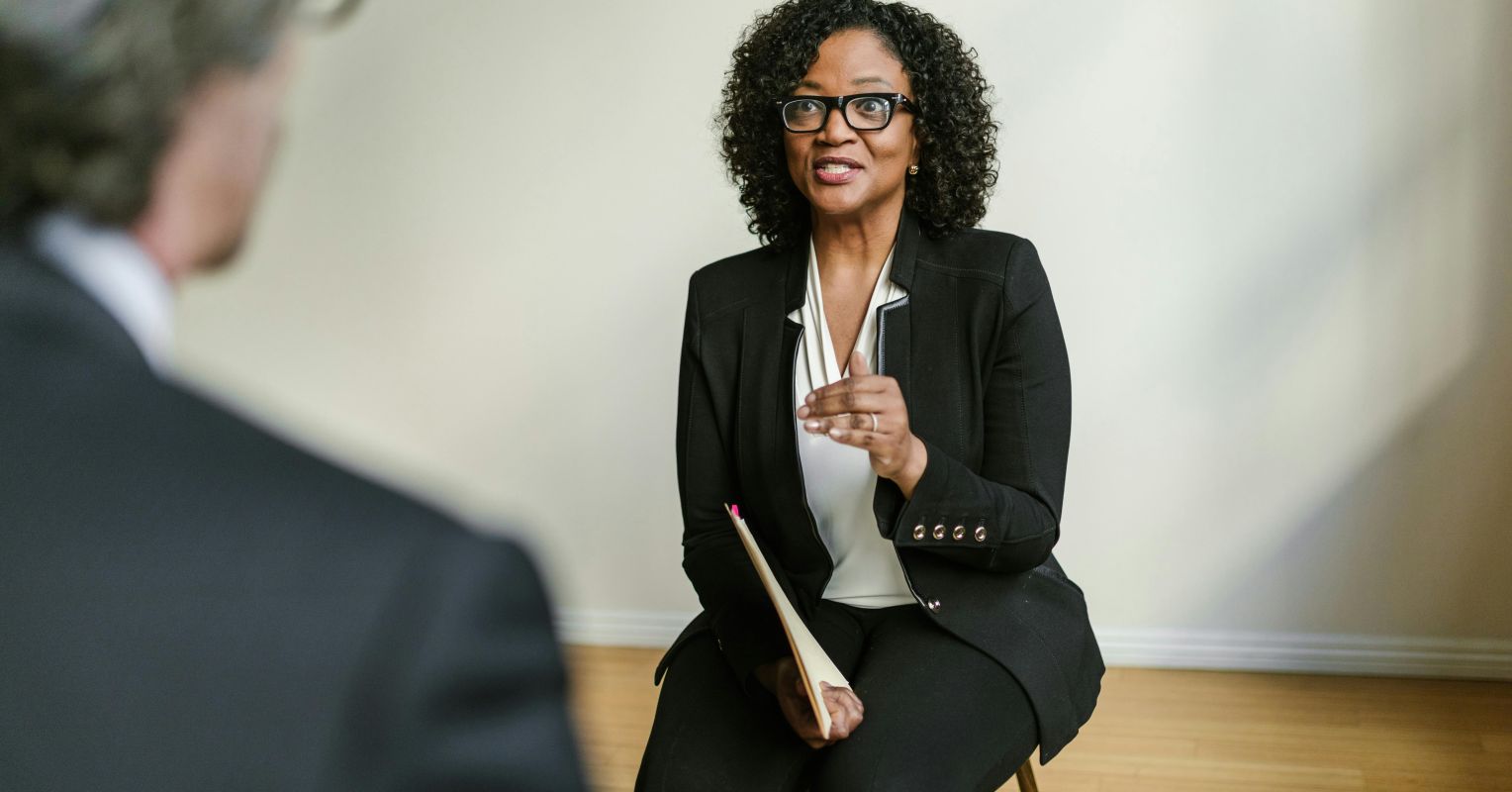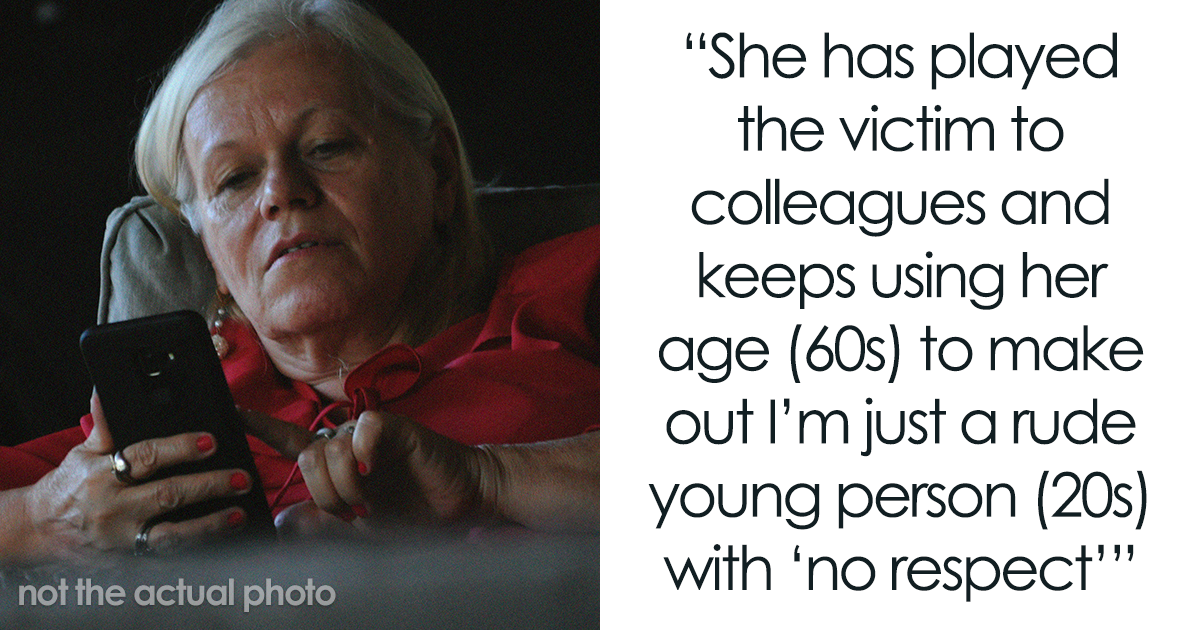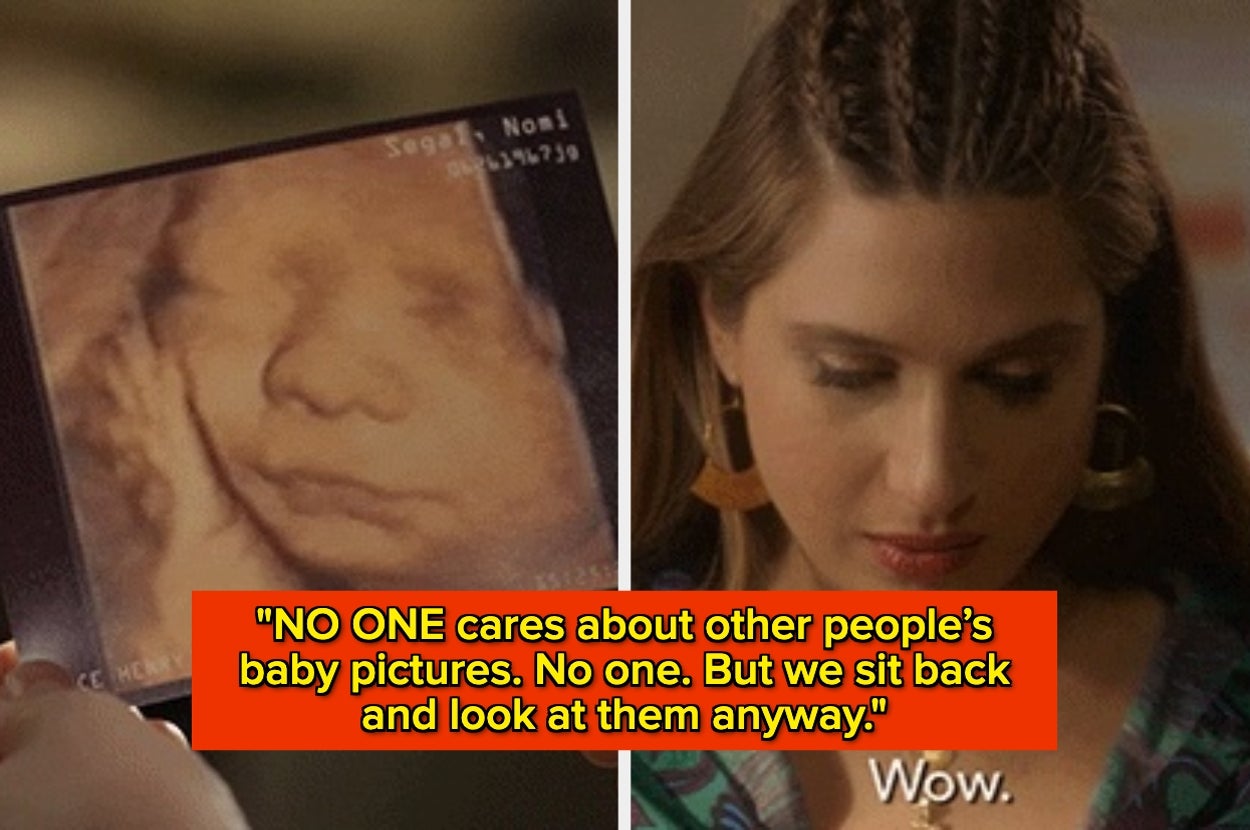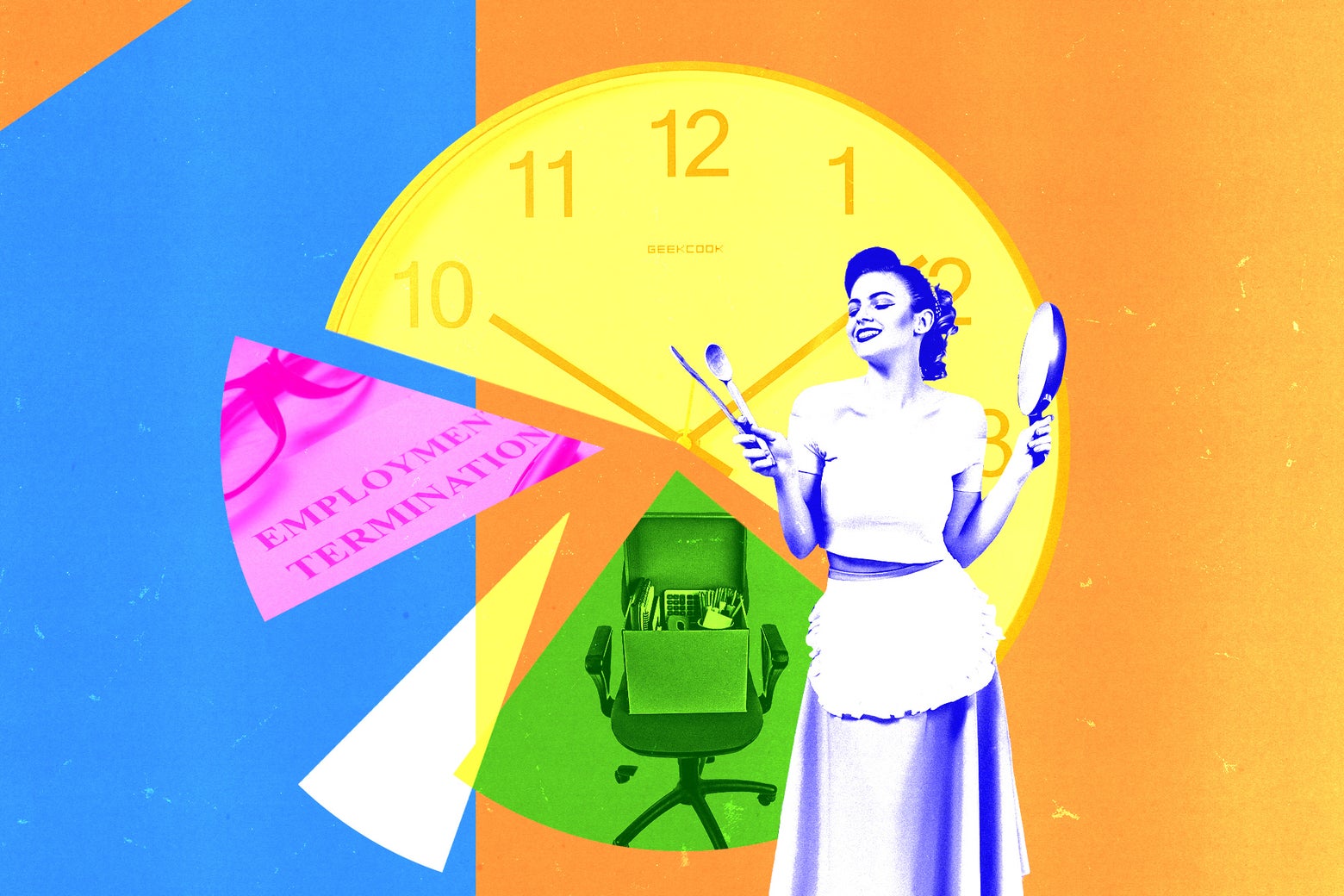fromFast Company
1 week agoWhen bullying happens at work
If you've spent enough time in workplaces, on boards, or in other community organizations, you've probably had that moment where your stomach tightens in a meeting and you're not entirely sure why. A comment lands sideways. A tone shifts. Someone interrupts you for the third time. You walk away replaying the exchange, wondering whether you imagined it or whether something subtle but unmistakable just happened. That confusion is often the first sign you're dealing with a workplace bully.
Mental health
